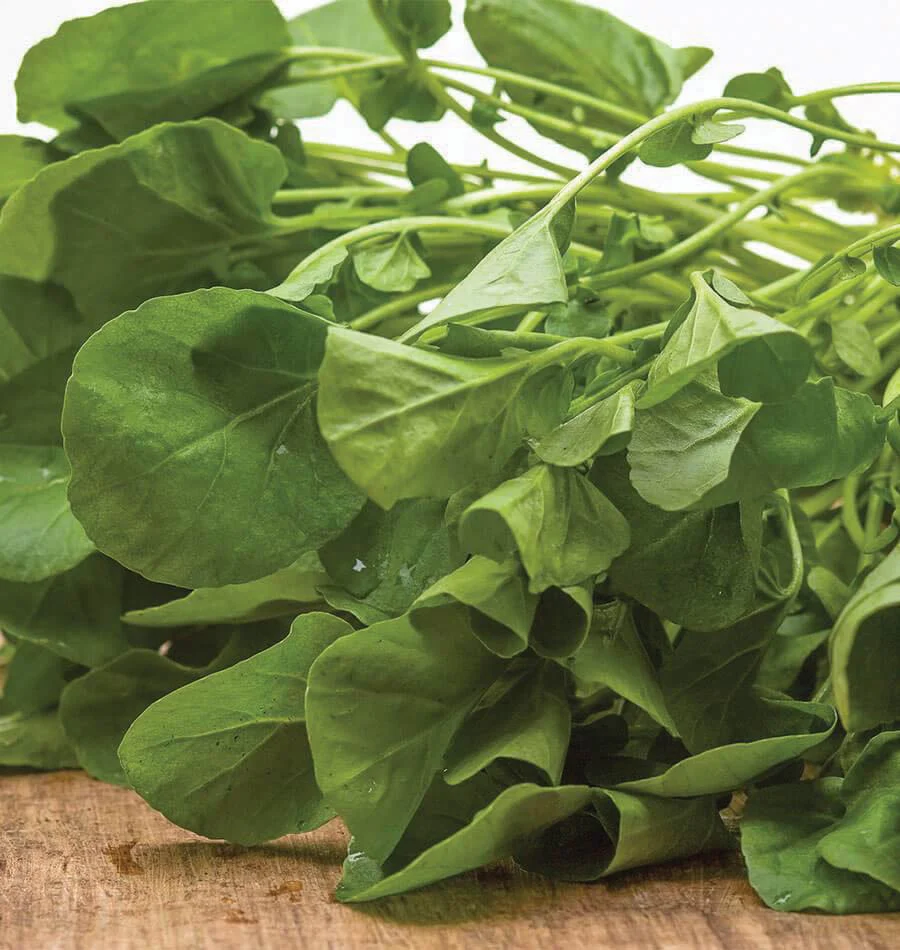2000 Upland Cress Seeds Early Cress Creasy Greens Non-GMO Heirloom
Ships from
United States

Shipping options
Seller handling time is 3-5 business days Details
This reflects the seller's handling time and may not include time spent in transit.
If you have questions about shipping, please contact the seller.
No shipping price specified to GB
Ships from
United States

Return policy
None: All purchases final
Payment options
PayPal accepted
PayPal Credit accepted
Venmo accepted
PayPal, MasterCard, Visa, Discover, and American Express accepted
Maestro accepted
Amazon Pay accepted
Nuvei accepted
Shipping options
Seller handling time is 3-5 business days Details
This reflects the seller's handling time and may not include time spent in transit.
If you have questions about shipping, please contact the seller.
No shipping price specified to GB
Ships from
United States

Return policy
None: All purchases final
Payment options
PayPal accepted
PayPal Credit accepted
Venmo accepted
PayPal, MasterCard, Visa, Discover, and American Express accepted
Maestro accepted
Amazon Pay accepted
Nuvei accepted
Item traits
| Category: |
Seeds & Bulbs
|
| Quantity Available: |
10 in stock
|
| Condition: |
New
|
| UPC: |
604921016111
|
| Country/Region of Manufacture: |
United States
|
| Brand: |
Unbranded
|
Listing details
|
Seller policies:
|
View seller policies
|
|
Shipping discount:
|
Seller pays shipping for this item.
|
|
Posted for sale:
|
More than a week ago
|
|
Item number:
|
1676496849
|
2000 Upland Cress Seeds Early Cress Creasy Greens Non-GMO Heirloom
Upland Cress, scientifically known as Barbarea verna, is a biennial herb that belongs to the Brassicaceae family. This adaptable plant is commonly known by a variety of names, including land cress, American cress, bank cress, black wood cress, Belle Isle cress, Bermuda cress, early yellowrocket, early wintercress, scurvy cress, creasy greens, and upland cress. Native to southern Europe and western Asia, it has become widely naturalized in other regions.
Cultivated as a leaf vegetable in England since the 17th century, Upland Cress is highly valued for its ease of growth. It is particularly appreciated for its low water requirements compared to its relative, watercress, making it a more convenient option for gardeners. Upland Cress is known for its robust flavor and nutritional benefits, contributing to its popularity in various culinary traditions and its status as a reliable crop in diverse growing conditions.
